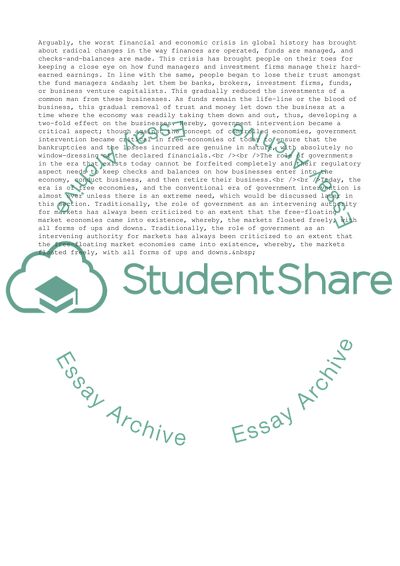Cite this document
(Has the Global Financial Crisis Led to Fundamental Change in the Research Paper, n.d.)
Has the Global Financial Crisis Led to Fundamental Change in the Research Paper. https://studentshare.org/business/1742159-has-the-global-financial-crisis-lead-to-fundamental-change-in-the-relationship-between-government-and-business
Has the Global Financial Crisis Led to Fundamental Change in the Research Paper. https://studentshare.org/business/1742159-has-the-global-financial-crisis-lead-to-fundamental-change-in-the-relationship-between-government-and-business
(Has the Global Financial Crisis Led to Fundamental Change in the Research Paper)
Has the Global Financial Crisis Led to Fundamental Change in the Research Paper. https://studentshare.org/business/1742159-has-the-global-financial-crisis-lead-to-fundamental-change-in-the-relationship-between-government-and-business.
Has the Global Financial Crisis Led to Fundamental Change in the Research Paper. https://studentshare.org/business/1742159-has-the-global-financial-crisis-lead-to-fundamental-change-in-the-relationship-between-government-and-business.
“Has the Global Financial Crisis Led to Fundamental Change in the Research Paper”. https://studentshare.org/business/1742159-has-the-global-financial-crisis-lead-to-fundamental-change-in-the-relationship-between-government-and-business.


